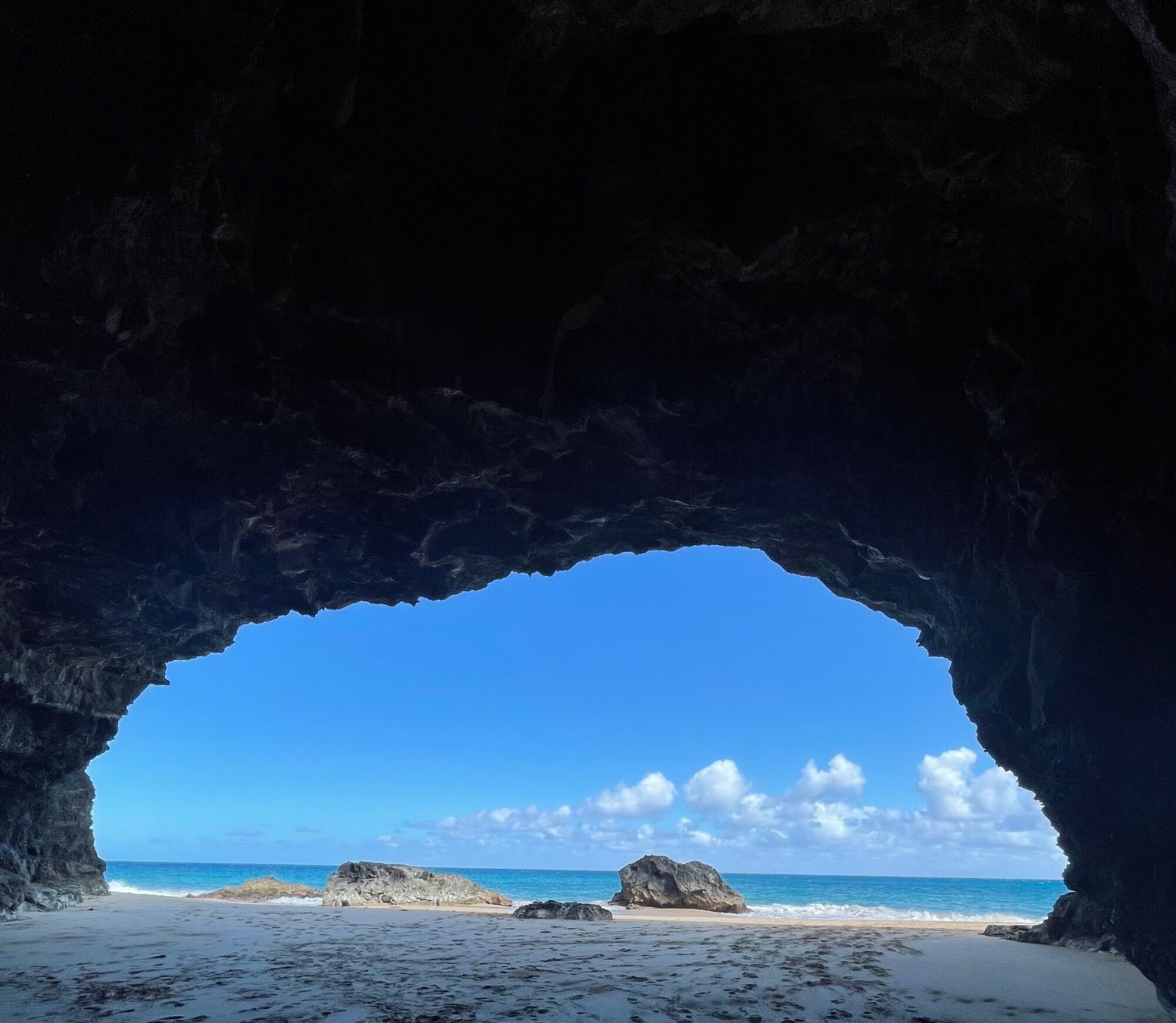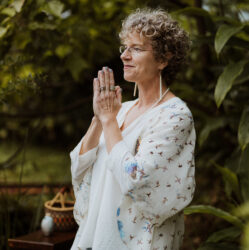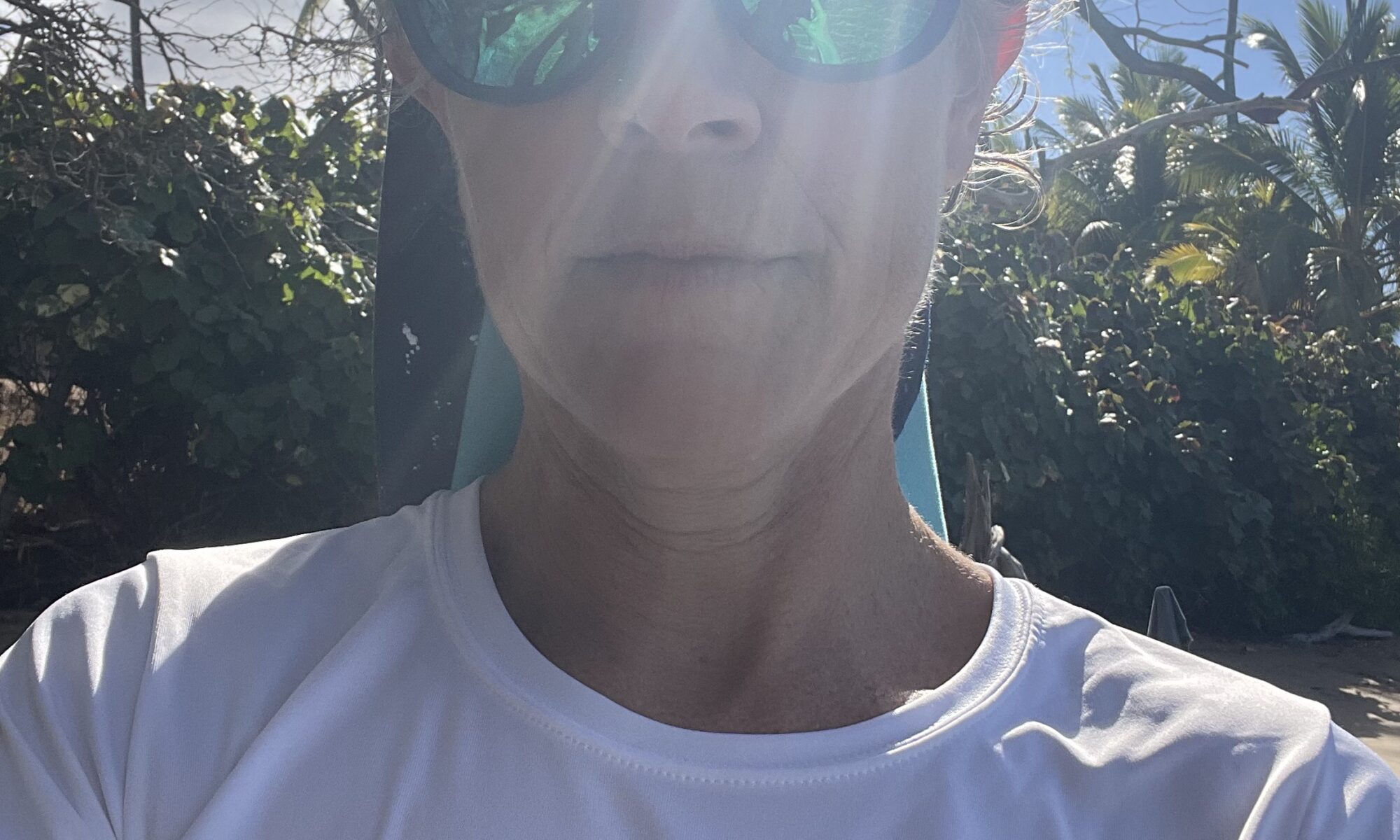I’m a nature lover, an environmentalist, a believer in the church of natural great beauty. In this church, I’ve spent a lot of time picking up other peoples trash. In the process of being a do-gooder, I’m nursing a heavy resentment of anger toward others. Questions such as the following pop up like weeds: Have you ever noticed that litter is usually the detritus of stuff that’s not good for you in the first place?
I don’t mean to label, but I will. Indulge me. Notice next time you see trash on the side of the road; it’s the potato chips/fast food/cigarette smoking/beer drinking bundles of proof haphazardly discarded that indicate that unhealthy people litter more than healthy ones. I don’t litter. I’m a good one. These sort of pep talks pepper my beach walks until I catch hold of that righteous bitch and stop her in her tracks. And stop her from picking up the trash.
The false responsibility is that I should clean it up, that it’s my fault even. That to be a do-gooder and the good gurl I must clear out the mess others leave behind (figuratively and literally).
I am unlearning this heavily ingrained habit. I learned during epic restoration work on the sacred Hawaiian island of Kaho’olawe (bombed by the US military in the flawed quest of seeking peace through destructive means) that if I didn’t drop it, I don’t pick it up. Granted the stakes were higher there. We had unexploded ordnance training, which is a fancy way of saying there’s a high probability that grenade or other device that would detonate upon disturbance was around us.
Compare this to the prior year. A clear example of my enrolling do-gooder: To pull over on the side of the road and give the kids a trash bag and say OK we’re doing our family community project of 20 minutes of cleanup. This was on Saddle Road. Between the sacred mountains of Mauna Kea and Mauna Loa.
Semis sped by.
The fragile yet powerful ecosystem responds favorably to our intervention, but some still small voice reminds me that I’m just enabling people to desecrate the sacred land. It’s not my job to pick up other peoples trash anymore. The beach cleanups with elementary schools where we had a contest of who could get the most cigarette butts no longer inspires me. I don’t want enable slovenly behavior.
It’s the flip side of sovereignty.
My history was dark and wild. I’m dark and wild. That is my true nature. And there is purity in that truth. And it’s beautiful.



